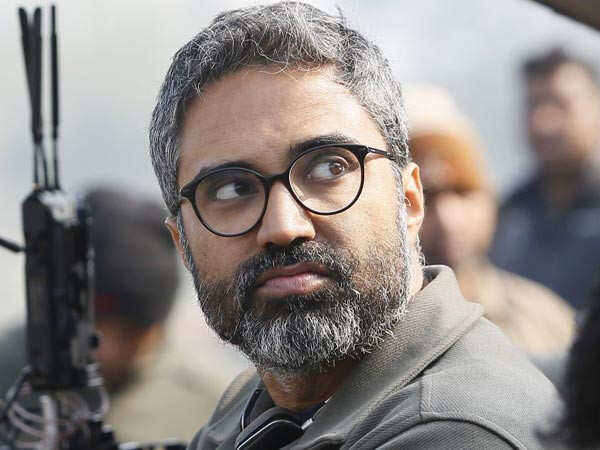
Violence as a narrative tool has become quite popular these days, sparking debates about its portrayal. How much is too much and how can it be handled responsibly without sending the wrong message? Sudip Sharma, the screenwriter of Paatal Lok, addresses these concerns in an exclusive conversation with Filmfare. Known for its dark and gritty themes, the show delves into violent and intense narratives.
Sharma decodes the violence shown in his show and discusses the responsibility that comes with showing violence on-screen.
“Yes, you have that responsibility upon you”, he says and adds, “And it’s not just with violence. If you’re dealing with any sort of sensitive topic, as a writer and as a filmmaker, that onus is upon you that it is handled sensitively and with care. And you do not use violence as a crutch for bad storytelling. And you do not use violence as a crutch for just putting some cheap thrills in your story. It should be an integral part of your story and should be taking it forward.”
“There should be consequences to the violence. The problem happens when there are no consequences to the violence that you see on screen, which is when it makes you feel like, ‘oh, I can get away with it’. The whole idea of an investigative show is no matter how powerful or how hidden the bad guy might be, the honest small cop is going to find him. That itself is the answer to your question in my book, that one powerless man or one man with very little power, with no system backing him, is going to bring down the most violent of man just by his doggedness. And that’s the approach we have taken in this,” adds Sudip.
Can some films manage to portray violence in a responsible way? Sudip explains that it’s a tough task, “All violence is irresponsible. All violence comes out of a place of wanting to hurt another person. We have to look at it with that lens. It’s difficult to name a film where violence has been shown correctly. It’s the sensitivity with which that emotion has been handled. It’s the sensitivity with which that emotion of anger has been handled. Whether there were consequences to it, whether somebody who perpetrated that violence, did he have to pay for it? Was he brought to justice or did he get away with it? I think that’s what you are looking for. And what is the larger point that the violence is trying to make? If I am showing a scene of violence in my show or my film, what is it that I am trying to say with that particular scene? Am I saying violence is cool and let’s go out and kill a few people? Or am I saying – look, this man was wronged and society wronged him and that led to him doing this act of justice. We are not saying it’s right or wrong, but we are only showing you both sides of the story and they are violent sides. And still, there are consequences to that.”
Meanwhile, the second season of Paatal Lok starring Jaideep Ahlawat, Ishwak Singh, Gul Panag, Tillotama Shome, Nagesh Kukunoor and Jahnu Barua among others, is set in Nagaland. He reveals that spending his childhood days in the Northeast served as an inspiration behind the setting of the show.
“The first season was set in Chitrakoot and Punjab. When I was approached to write the second season, my first fear was that I didn’t want to tread the same ground. I wanted to take it to an entirely new place, which makes it exciting for me, for the team and the audience. Hence, we wanted to go to a very different kind of setting. I am familiar with Nagaland as I have grown up in the Northeast. So, there was an intriguing factor for me. There was a connection for me to go back to the roots of my childhood and learn more about this culture and capture some of those cultural nuances.”
Paatal Lok Season 2 is currently streaming on Amazon Prime Video.

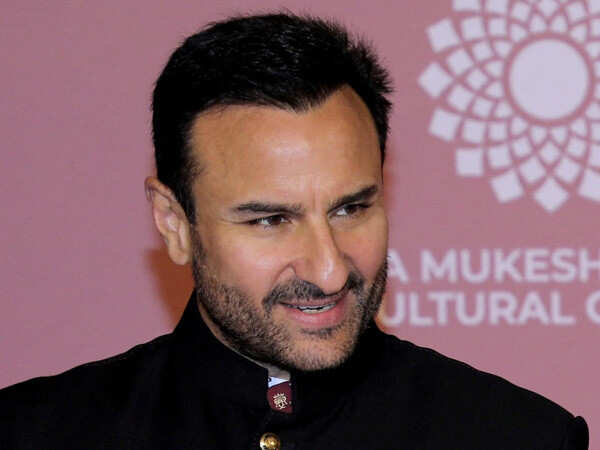


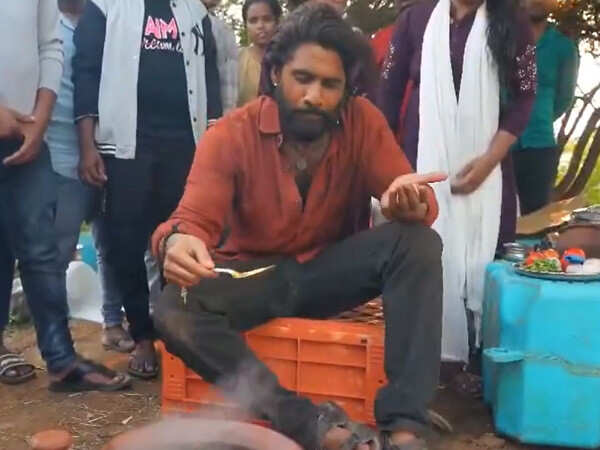
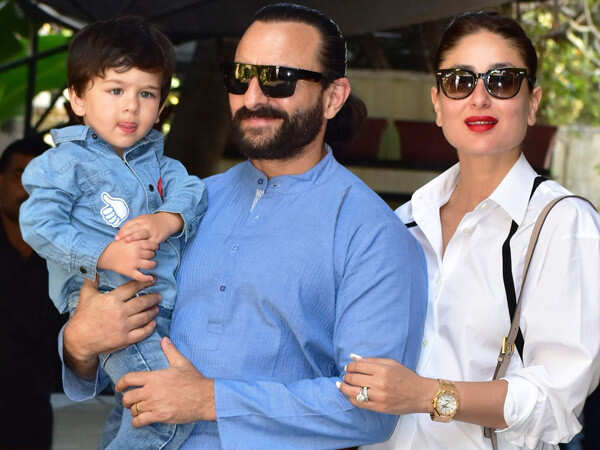
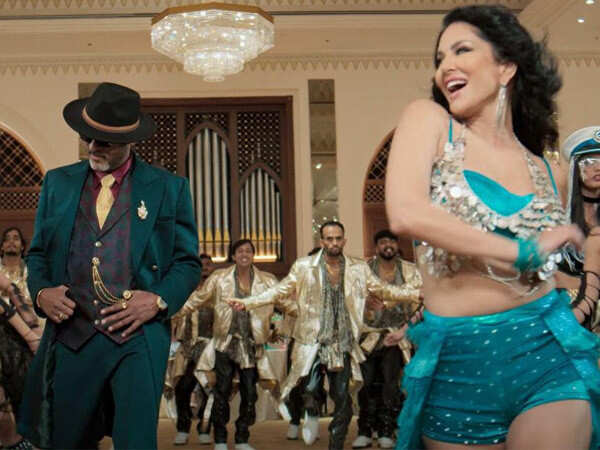

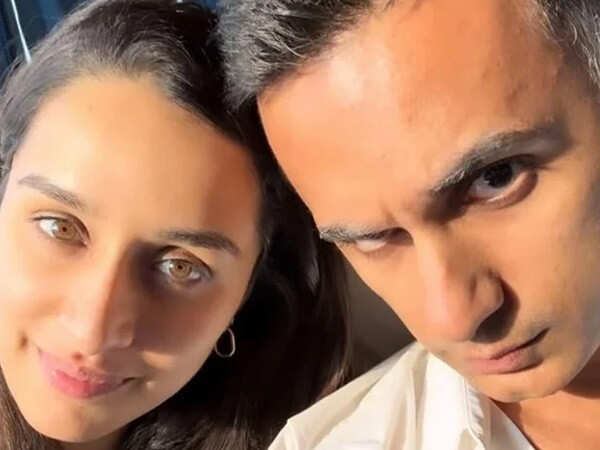


![Clear Cut (2024) [1080p] [WEBRip] [5.1] [YTS.MX]](https://img.yts.mx/assets/images/movies/clear_cut_2024/medium-cover.jpg)



